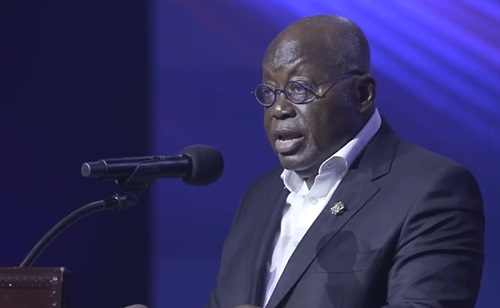Environmental Experts Urge Stronger Enforcement of Plastic Waste Laws
Environmentalists in Zambia have raised alarm over the ongoing lack of enforcement of key legislation aimed at reducing plastic waste in the country. The Extended Producer Responsibility (EPR) Statutory Instrument 65 of 2018, which bans plastics below 30 microns, has yet to see robust implementation, leaving the country at a significant environmental disadvantage. Experts argue that while the legislation was a step in the right direction, the failure to enforce it has led to the persistence of plastic pollution, which continues to threaten Zambia’s environment and public health.
Eugene Kabilika, an environmental advocate and prominent figure in Zambia’s green movement, has been outspoken about the government’s failure to enforce the law. Kabilika has pointed out that despite the clear intentions behind the ban, the lack of effective monitoring and regulation has rendered the law ineffective. He expressed frustration at the government’s tendency to introduce legislation that lacks the necessary frameworks for enforcement and follow-up actions.
Kabilika emphasized that the situation is especially urgent given the increasing severity of climate change’s impacts on Zambia. From unpredictable weather patterns to increased flooding and droughts, the country is grappling with the consequences of a changing climate. In this context, managing plastic waste and enforcing the EPR law becomes not only a matter of environmental protection but also a crucial step toward addressing broader environmental challenges that are exacerbated by plastic pollution.
“It’s disappointing that we have a law that is designed to protect the environment, but the lack of enforcement means it remains largely ineffective,” Kabilika said. “Without effective enforcement, we will continue to see an increase in plastic pollution, which has a negative impact on our climate resilience efforts.”
Kabilika’s concerns are echoed by other environmental groups in Zambia, who argue that plastic pollution is among the most pressing environmental challenges facing the nation. The accumulation of plastic waste in urban centers and rural areas alike contributes to environmental degradation, clogging waterways, harming wildlife, and polluting the land. It is estimated that plastic waste makes up a significant portion of the country’s waste stream, with plastic bags, bottles, and packaging materials frequently being discarded improperly.
Conwell Hakapya, the Executive Director of Citizens Environmental and Social Concern, added to the conversation by calling for increased investment in high-tech recycling solutions. Hakapya emphasized that Zambia’s current waste management systems are overwhelmed by the volume of waste generated, and traditional methods of waste disposal and recycling are no longer sufficient to meet the growing demand.
“We need to attract high-tech solid waste recycling companies to Zambia,” Hakapya said. “The traditional methods of dealing with waste are simply not enough to address the scale of the problem. High-tech solutions will allow us to recycle more efficiently, reduce waste, and create green jobs in the process.”
According to Hakapya, the key to tackling Zambia’s growing solid waste crisis lies in adopting more modern, efficient recycling technologies. These technologies can transform plastic waste into valuable resources, such as recycled plastic materials or even energy. Moreover, such systems could help curb the volume of waste sent to landfills, reducing the environmental footprint of Zambia’s growing urban populations.
However, the challenges of addressing Zambia’s plastic pollution and waste management issues are not only technological but also systemic. Both Kabilika and Hakapya agree that a lack of comprehensive waste management policies, a fragmented recycling industry, and insufficient public awareness about the environmental impact of waste are contributing factors to the problem.
The absence of a clear strategy for waste reduction and management has allowed plastic waste to proliferate unchecked, despite the existence of laws and policies aimed at addressing the issue. It is clear that Zambia must not only strengthen enforcement of its plastic waste legislation but also develop an integrated approach that includes technological innovation, increased public awareness, and public-private partnerships.
To this end, government action is critical. It must establish a clear regulatory framework that incentivizes businesses to invest in sustainable packaging and recycling technologies while also ensuring that consumers are educated about the proper disposal of plastic waste. Without such efforts, Zambia risks continuing the cycle of environmental degradation.
In conclusion, environmental experts have called on the government to take decisive steps to enforce existing laws and introduce innovative solutions to tackle plastic pollution. By strengthening the enforcement of the EPR Statutory Instrument 65 of 2018 and promoting the use of high-tech recycling solutions, Zambia can take significant strides toward solving its growing waste crisis and improving its climate resilience.










